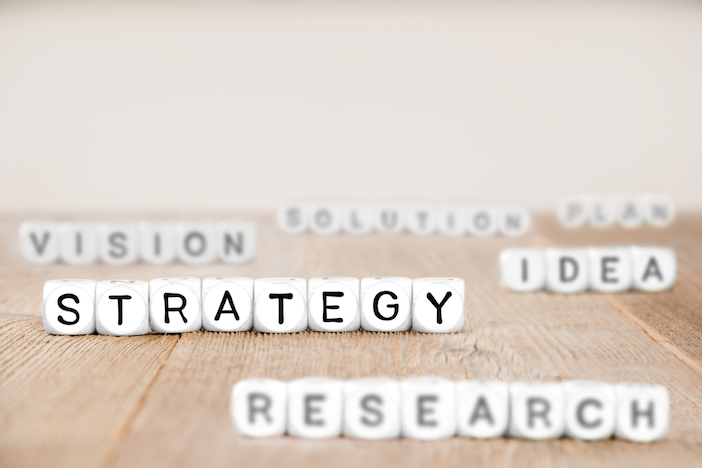Stakeholder trust is a key to success for any government or nonprofit organization. Funders, clients, and even taxpayers fund, engage, and support the organizations they know, like, and trust. The challenge with trust is that it cannot be bought, rather it must be earned and practiced across all levels of the organization. Trust is generated by transparency and an organization’s ability to demonstrate and produce unique value. Leaders are able to earn trust faster and easier when they implement these five data-driven strategies across the lifecycles of their offerings.
After you read this blog, we invite you to take our survey (code=10152010) to identify where your organization could enhance how it uses data to increase trust through transparency.
1. Measure Existing Program Effectiveness and Impact
Everyone has competition, even nonprofit and government organizations. For example, the City of Columbus recently granted $4.5M to 41 social service agencies for 44 proposals, out of a total of 142 proposals requesting over $20M in its 2019 Human Services Grant Program competition. One way to ensure your organization ends up in the ‘yes’ pile is to have data which clearly demonstrate how many clients you serve, how many services you deliver, how well you deliver them, and who is better off because of these services.
2. Conduct a Gap Analysis
Greater program impact comes with ensuring your programs and services address your clients’ greatest needs. If your organization is not as effective as you desire, it is important to understand what might be missing from your offerings—from your customers’ perspective. Whether it’s a physical attribute or a service, what “value add” do you already have readily accessible, or what could you easily acquire or incorporate into your offering, to vastly improve the engagement of your clients? Read this case study for an example how a gap analysis was used to enhance the impact of programs serving individuals with HIV/AIDS.
3. Determine the Programs or Services to Sunset
Organizations are often hesitant to sunset offerings and for reasons that can’t be dismissed lightly—grant resources might disappear, or the organization could feel as though it is abandoning a segment of the population it serves. Yet it is imperative for the long-term sustainability of the social sector to use data in making these types of determinations. By collecting data on existing programs and understanding where there are gaps, you will then be able to more quickly identify the things that are not working, allowing you to divert scarce resources to those things that produce more value to your clients and the communities you serve.
Not only will your organization become more flexible and proactive, you will be empowered to pivot from what you outlined in that initial grant proposal, to do what’s best for the organization. And as it happens, your board, your funders, and community stakeholders will also appreciate this level of transparency, ultimately allowing you to increase future trust. For examples of how program effectiveness and impact data can help initiatives review this case study of Ohio’s Home Visiting Program.
4. Pilot New Programs
Let’s face it, if we knew it all, we wouldn’t be faced with the challenges that government agencies and nonprofit organizations are designated to tackle. Just like honeybees devote a certain percentage of each hive to serve as scouts to determine what new pollen or nectar source will be coming into bloom, organizations should dedicate resources to discover new and better ways of delivering services. Evaluation activities allow you to iterate and refine your concepts—and again, pivot if needed. VSA Ohio is a great example of an organization that has implemented continuous evaluation to refine their programs on an annual basis to achieve the greatest impact possible.
5. Strengthen Donor, Funder, and Community Stakeholder Communications
Once you understand your impact, know the programs that work and need to scale, and understand the needs of the clients you serve, it is essential you share these data to better tell your story and increase trust. A valuable biproduct of using data throughout all of the stages listed above, is the development of stronger relationships with donors, funders and community stakeholders. By building trust through transparency (a.k.a. data), your organization will arrive at ‘great’ solutions, faster. Learn from the Matriots and Mid-Ohio Foodbank, and how they used data to communicate how their organizations are moving the needle on important issues.
How many of these does your organization regularly practice? Don’t forget to take get access to our Measurement Culture Survey (code 10152010) to identify ways you could strengthen how your organization uses data. We’d love to help you on your journey, please contact us for a free phone consultation on how you can increase your trust and transparency with data.





